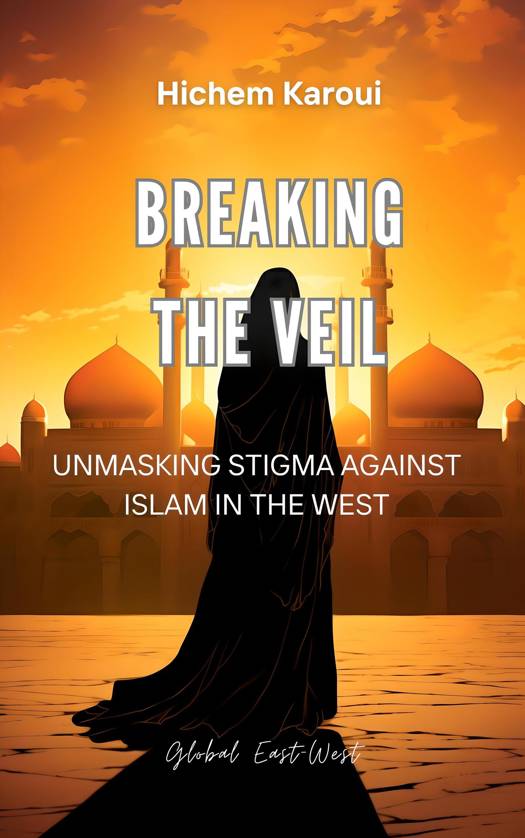
- Afhalen na 1 uur in een winkel met voorraad
- In januari gratis thuislevering in België
- Ruim aanbod met 7 miljoen producten
- Afhalen na 1 uur in een winkel met voorraad
- In januari gratis thuislevering in België
- Ruim aanbod met 7 miljoen producten
Omschrijving
"In Breaking the Veil: Unmasking Stigma Against Islam in the West," author and activist Hichem Karoui delves into the pervasive stereotypes, discrimination, and devaluation faced by Muslims in Western societies. With an unflinching and thorough examination, Karoui confronts the deeply ingrained prejudices that have led to widespread Islamophobia. Drawing on personal experiences and extensive research, he dismantles misconceptions and exposes the damaging impact of systemic biases on individuals and communities. Through compelling narratives and insightful analysis, this book challenges readers to confront their preconceptions and consider the long-lasting effects of stigmatisation. Breaking the Veil offers a sobering exploration of the urgent need for empathy, understanding, and solidarity in breaking down barriers between cultures and combatting prejudice. This is an essential read for anyone seeking to engage with social justice and human rights issues in today's world.
representation in the US Congress and EU parliament, are using theories such as Great Replacement and Identity Threat to target Islam, Muslims, and migrants. These falsehoods fuel Islamophobia and Xenophobia, deceiving people with their harmful narratives. Social scientists would concur that Identity Threat encompasses several key aspects that directly impact Muslim minorities in the West:
1. Stereotyping: Negative stereotypes about a particular social group can lead to feelings of devaluation and stigma among its members, resulting in an identity crisis.
2. Discrimination: Facing discrimination based on one's social identity (such as race, gender, or religion) can create an identity threat, as individuals may perceive their group as being unfairly treated or marginalised.
3. Underrepresentation: When a social group lacks visibility and recognition in specific contexts like the workplace or media, its members may experience identity threats due to a lack of acknowledgement of their group's contributions and value.
4. Devaluation of group competence: Undervaluing a social group's perceived competence can lead to identity threats as its members feel that their abilities and achievements are not respected.
5. Questioning of group morality: When the moral behaviour of a social group is called into question, its members may feel threatened.
Overall, these tactics are used by far-right groups to sow division and promote discriminatory attitudes towards specific communities.Thus,
How can Western nations with non-Muslim majorities, hyper-visible, hyper-represented, and hyper-empowered, experience an identity threat? That's the question! With such deplorable arguments, they are fighting Islam and Muslims from inside the democratic system! The present research contributes to the debate.
Specificaties
Betrokkenen
- Auteur(s):
- Uitgeverij:
Inhoud
- Taal:
- Engels
Eigenschappen
- Productcode (EAN):
- 9798224985814
- Verschijningsdatum:
- 25/01/2024
- Uitvoering:
- E-book
- Beveiligd met:
- Adobe DRM
- Formaat:
- ePub

Alleen bij Standaard Boekhandel
Beoordelingen
We publiceren alleen reviews die voldoen aan de voorwaarden voor reviews. Bekijk onze voorwaarden voor reviews.









